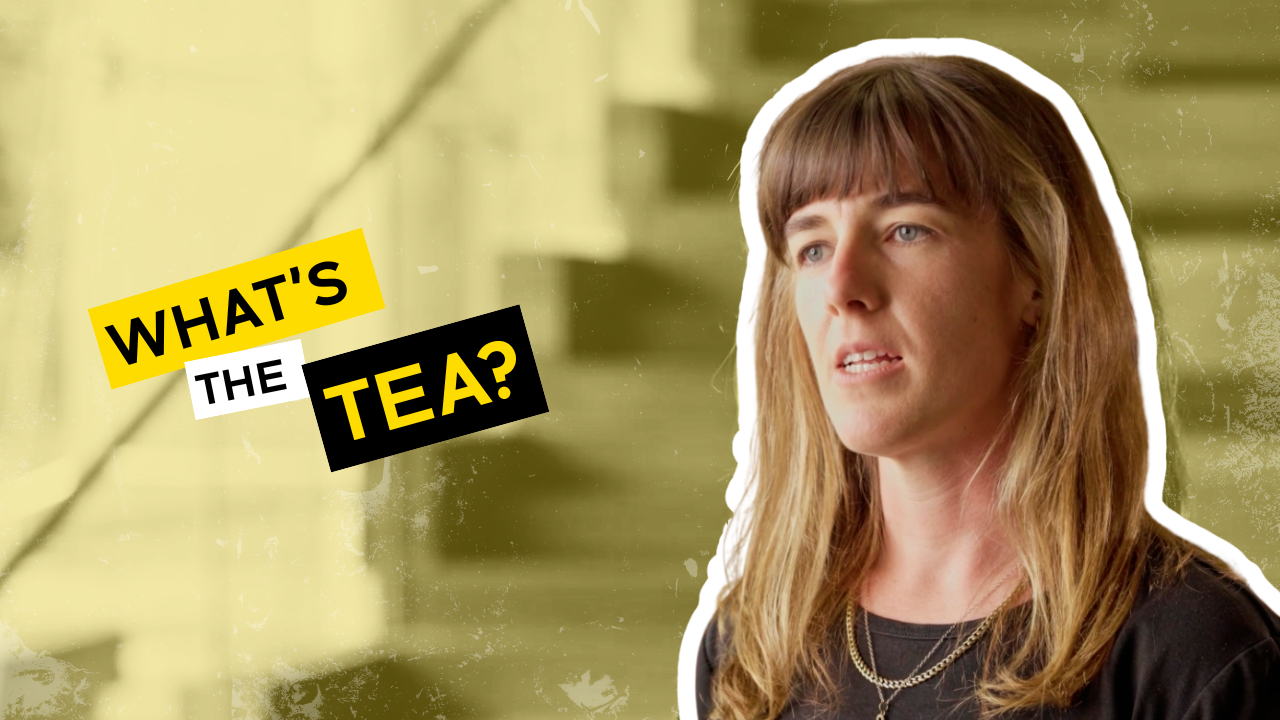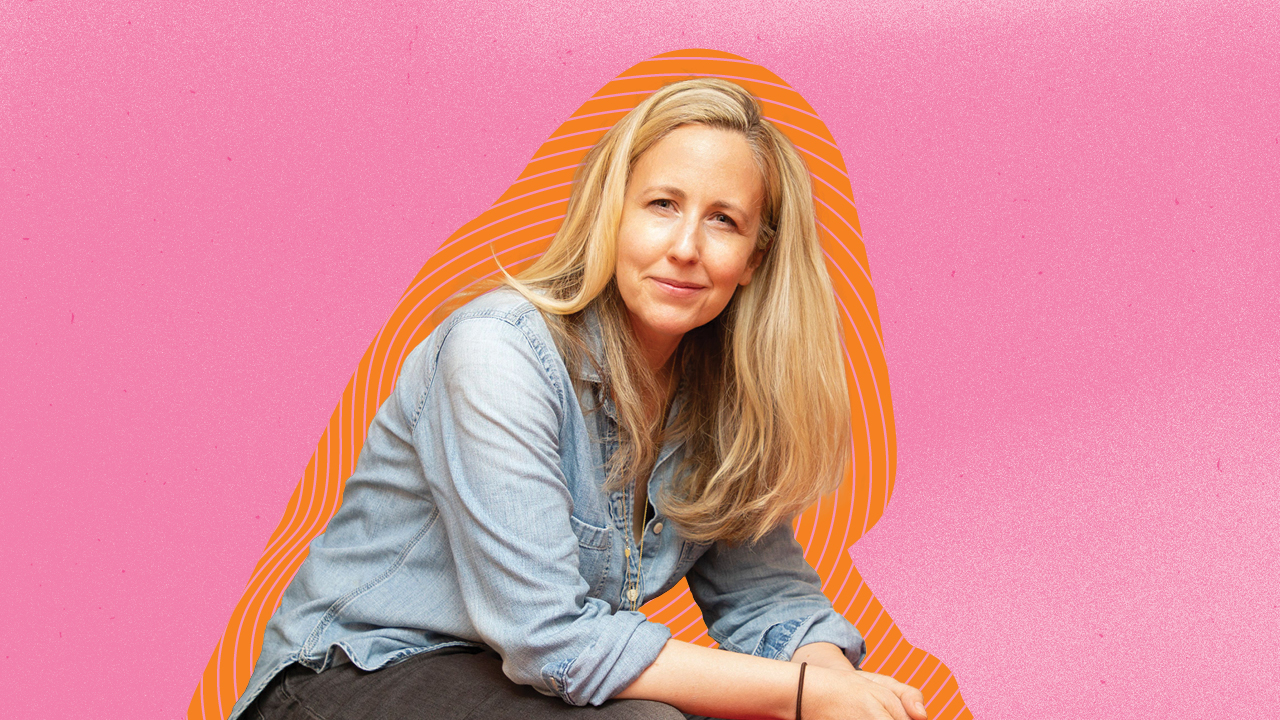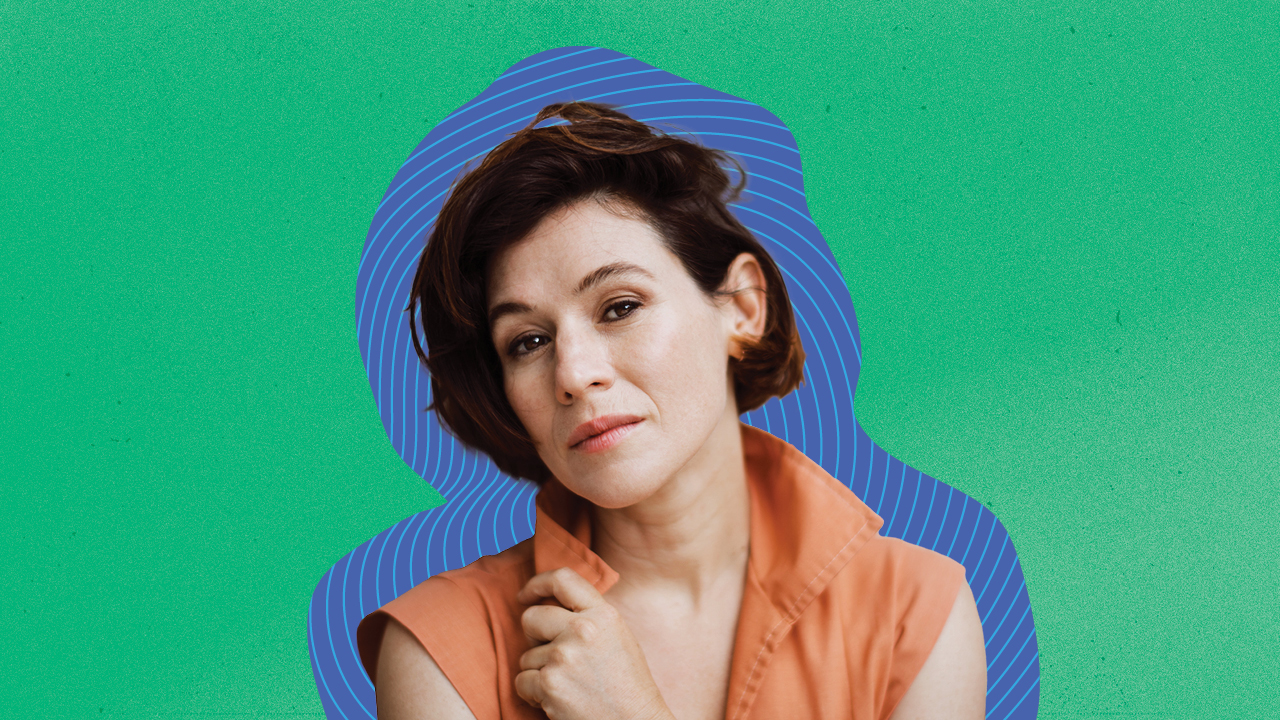Adam Bayes | Could 'magic' mushrooms become medical mushrooms?
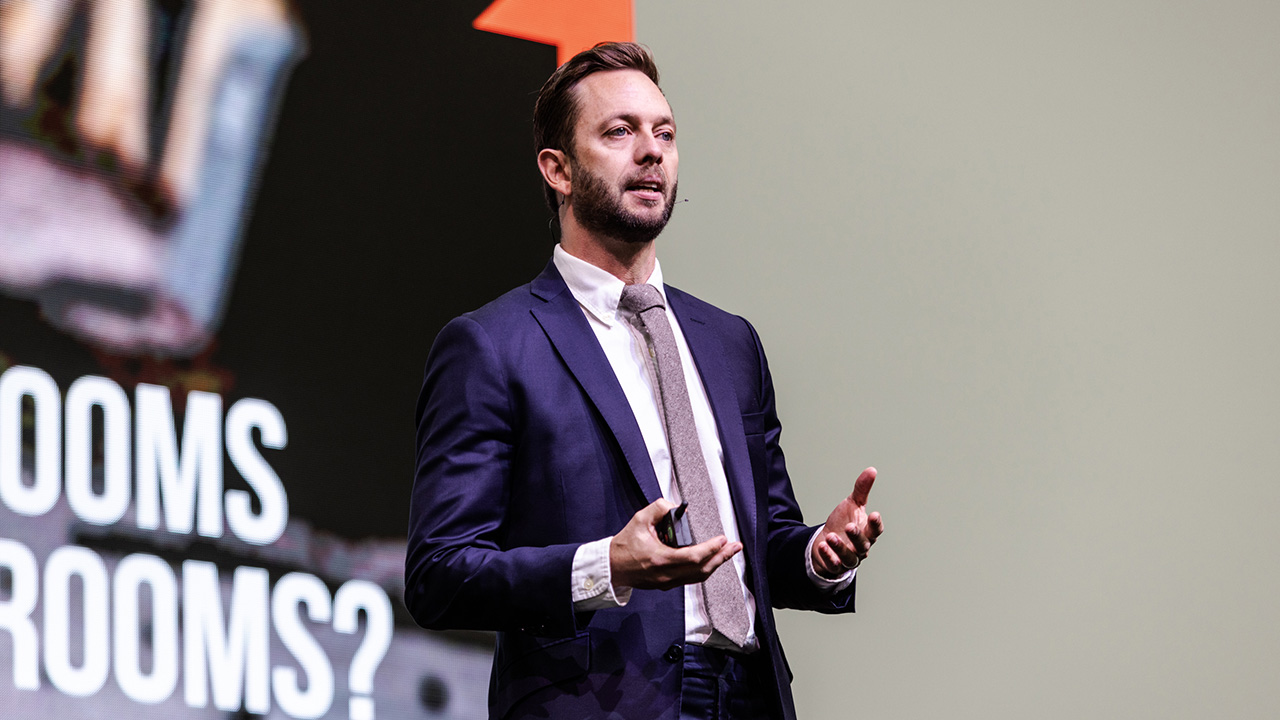
Depression is a leading cause of disability worldwide and a major contributor to the overall global burden of disease.
More than 264 million people worldwide have depression. But for many people struggling with severe or treatment-resistant depression, standard therapies may not work. So what if there are new treatments that could be effective? Recently there has been a renaissance of interest in psychedelics as possible treatments for mental disorders – everything from ketamine, to MDMA and psilocybin – the psychoactive ingredient in ‘magic’ mushrooms. These medicines have powerful mind-altering properties with the potential to treat severe mental disorders when combined with psychological therapy. Some early studies have returned positive results, but there remain large gaps in our knowledge regarding effectiveness and safety… But where to from here? Could psychedelics play a role in managing mental health?
This talk was a part of Unthinkable, an event of short talks in the 2022 Festival of Dangerous Ideas.
Transcript
UNSW Centre for Ideas: Welcome to the UNSW Centre for Ideas podcast. A place to hear ideas from the world's leading thinkers and UNSW Sydney’s brightest minds. The talk you're about to hear, Could ‘Magic’ Mushrooms Become Medical Mushrooms?, features UNSW Sydney’s Adam Bayes and was recorded live. This talk was part of Unthinkable, an event of short talks in 2022 Festival of Dangerous Ideas.
Adam Bayes: I want to share with you a story explaining what motivates me to work as a psychiatrist and researcher in the area of novel treatments for depression. Catherine is a 36-year-old single mother with three young children. She was referred to the Black Dog Institute clinic with severe depression and suicidal thinking. When her psychiatrist phoned me, there was desperation in his voice as he was running out of treatment options for Catherine. When I first met her, she was moving very slowly, and she struggled to gather her thoughts. She had few facial expressions and lost the life in her eyes. She told me about all of the failed trials of antidepressants and other medications. I could feel her struggle. Her children missed mum as she went back and forth, in and out of hospital. I assess Catherine is suitable for the ketamine program, a long-used anaesthetic, there was a growing body of trial evidence for use of ketamine in depression, when other treatments had failed.
Now the team objectively measured Catherine's depression scores at the start of treatment, and with every ketamine session. Now, I want you to imagine that Catherine begins at the foot of a giant mountain. That's where her depression score was, rock bottom, way down in the severe range. And after just a few treatments, she began to climb that mountain. Soon, she reached the halfway point and started to feel some real relief, and the glimpse of a smile crept in. Now, given how unwell she had been, I thought, well, maybe this is as good as it gets. However, she continued with her ascent, and after treatment number seven, Catherine reached the summit, or in medical jargon, she went into remission, no longer meeting criteria for clinical depression. At the two month follow up, she remained on top of the world, still in remission, while continuing on an oral antidepressant. Catherine told me that she had got her life back. She used the term resilience. She could do things like go to the supermarket again, she could take care of her kids, and importantly, her suicidal thinking had markedly reduced. This is an example of a novel treatment, changing Catherine's life.
Now depression is a common mental illness and globally, more than 264 million people have depression. It affects more women than men. And among you here today, one in seven will experience depression in your lifetime, and one in 16 are currently affected by depression. Now depression can vary in different people from more mild forms where lifestyle changes and psychological help can make a big difference. Through the more severe biological forms where, like Katherine, patients can't get out of bed in the morning, they are slowed down physically and mentally. And they may be suicidal. At this severe end of the spectrum, medications, going into hospital and treatments like electro convulsive therapy, or ECT, can be lifesaving. The research team that I'm a part of is interested in this more severe end of the spectrum which includes treatment resistant depression. This is the one in three patients, who like Catherine have failed multiple antidepressant medications and psychological therapies. So what can we do for patients with treatment resistant depression? I've shared with you a success story involving ketamine, an anaesthetic, also used recreationally because of its mind-altering properties. But when we use it in a controlled medical setting, we have found that it is safe and effective for depression. In fact, last year, a ketamine drug was approved by the team TGA for depression.
So, you've no doubt heard about the renaissance of interest in psychedelics as possible treatments for mental health conditions. LSD, MDMA, Ayahuasca, DMT, psilocybin. Here in Australia, psychedelic research has only recently started up. And that's because back in the 60s and 70s, there was a lot of promising early international work that was being done. But sadly, it was derailed by dubious research methods, and association of psychedelics with counterculture. And this ultimately led to the substances being banned. Now, back when I was a junior doctor, not that long ago, the idea of psychedelic research wasn't even considered a possibility. But still, scientists are now asking, can we take a second look at these banned substances? But using modern tools, like functional MRI, to see the effects inside the brain,ethical research practices, and evidence based approaches. And I've been interested in applying these tools to examine whether psychedelics have potential, like ketamine, to tackle treatment resistant depression.
Now one psychedelic that is showing some promise is psilocybin and this is the active ingredient in, so called, ‘magic’ mushrooms. Now use of psilocybin is not new; prehistoric rock murals in places like Spain and Algeria, suggest that psilocybin mushrooms have been consumed for 1000s of years, with indigenous tribes consuming them in spiritual ceremonies. But why would we want to give psilocybin to a patient with severe depression? Well, we know that in clinical depression, there is reduced connectivity in the brain, and that brain cells or neurons actually atrophy. Now in animals, given psychedelics like psilocybin, we find it stimulates growth of neurons, increases the number of connections between them, and promotes neuroplasticity, potentially reversing the effects of depression. Now in humans, given psychedelics, they report to us subjective changes, like alterations in colours and sounds, mystical experiences, a greater sense of meaning in life, increased empathy, and connectedness with others, and a deeply felt positive mood.
Now, these effects likely result from stimulating the neurotransmitter serotonin, as well as changing the brain's activity at rest. Now, when we look at brain activity with psilocybin treatment in healthy individuals, what we see is an increase in different brain regions talking to each other. Functional MRI shows that the whole brain seems to light up. Now, you might think that the medicine is simply stimulating brain networks. But in fact, psilocybin actually quietens the default mode network in the brain. Now default mode network activity is what the brain is doing when we are not focused on a task. It’s the opposite of when we are paying attention. And by quieting resting activity, this allows other brain networks to communicate. And while the science is not yet certain, our best guess is that in those with depression, an overactive default mode network locks individuals into rigid, negative ways of thinking about themselves, the world and the future. And by temporarily reducing this default mode network activity, this allows greater whole brain connectivity, and for depressed patients trapped in repetitive cycles of thinking, feeling and behaving, a reset and formation of new brain connections, which may assist with depression recovery.
Now, to date, there's been two main studies looking at psilocybin for depression, with promising results. Though, these studies haven't been done in treatment resistant depression. And we already have very effective treatments for more mild depression, it’s those with this treatment resistant depression that are in need of new therapies, and this is where the research gap lies. So, you may be curious about how psilocybin treatment works in practice. So let's go back to Catherine for a moment and imagine she didn't respond to ketamine. Would we hand her a ‘magic’ mushroom, and send her out to the forest to have a psychedelic experience? Well, no, not exactly. For a start, psilocybin is a Schedule 9 illegal drug in Australia, and it cannot be prescribed in a clinical setting by a doctor. However, special government permits can be sought to administer the drug, as a part of a clinical trial approved by a research ethics committee. With such trials seeking to evaluate safety and whether psilocybin could be an effective treatment.
So as part of entry into a drug trial, Catherine would need to undergo a medical and psychiatric assessment to determine her suitability. For example, excluding a personal or family history of psychosis would be important, where giving her psilocybin could cause her harm. And for safety purposes, she would not be given actual mushrooms, but instead 100% pure psilocybin made in the laboratory. Now to the process itself, there'd be two therapists, for example, me and a co-therapist, who would work with Catherine.
Preparing her mindset before treatment would be important, as we know that psychedelics act as amplifiers, so in negative headspace going in would be magnified and vice versa. And that's why in the days before the treatment session, we would build rapport with Catherine and ensure she feels safe and secure about the process. The setting also impacts the outcome. And that's why we have carefully designed our therapy rooms. And while they are located in a hospital, they don't look like hospital rooms. Imagine Catherine enters a quiet and tranquil room, where she sits on a cosy and comfortable sofa with warm lighting and contemplative artwork. She would be given a psilocybin capsule, with careful monitoring of her physical and mental states, with full medical backup. With the whole psychedelic experience taking over eight hours. In the days following, we would work with Catherine to understand the insights that she has gained during the small number of treatment sessions, helping her to integrate these into lasting changes. So what happens to the next patient I see in my clinic, like Catherine? They are running out of treatment options, and perhaps they don't respond to ketamine. Could psilocybin be a magic new treatment that resets their default mode network, and allows new brain connections to form? There is great hope from patients and clinicians that psilocybin might provide an answer. But before psilocybin can be considered a therapy for treatment resistant depression, we first need to undertake carefully designed research trials, with my team currently embarking on one such study. How we answer the questions of safety, and if psilocybin works in treatment resistant depression is not a matter of magic, but of science.
UNSW Centre for Ideas: Thanks for listening. This talk was presented by the UNSW Centre for Ideas and Festival of Dangerous Ideas. For more information visit centreforideas.com, and don't forget to subscribe wherever you get your podcasts.
-
1/3
-
2/3
-
3/3
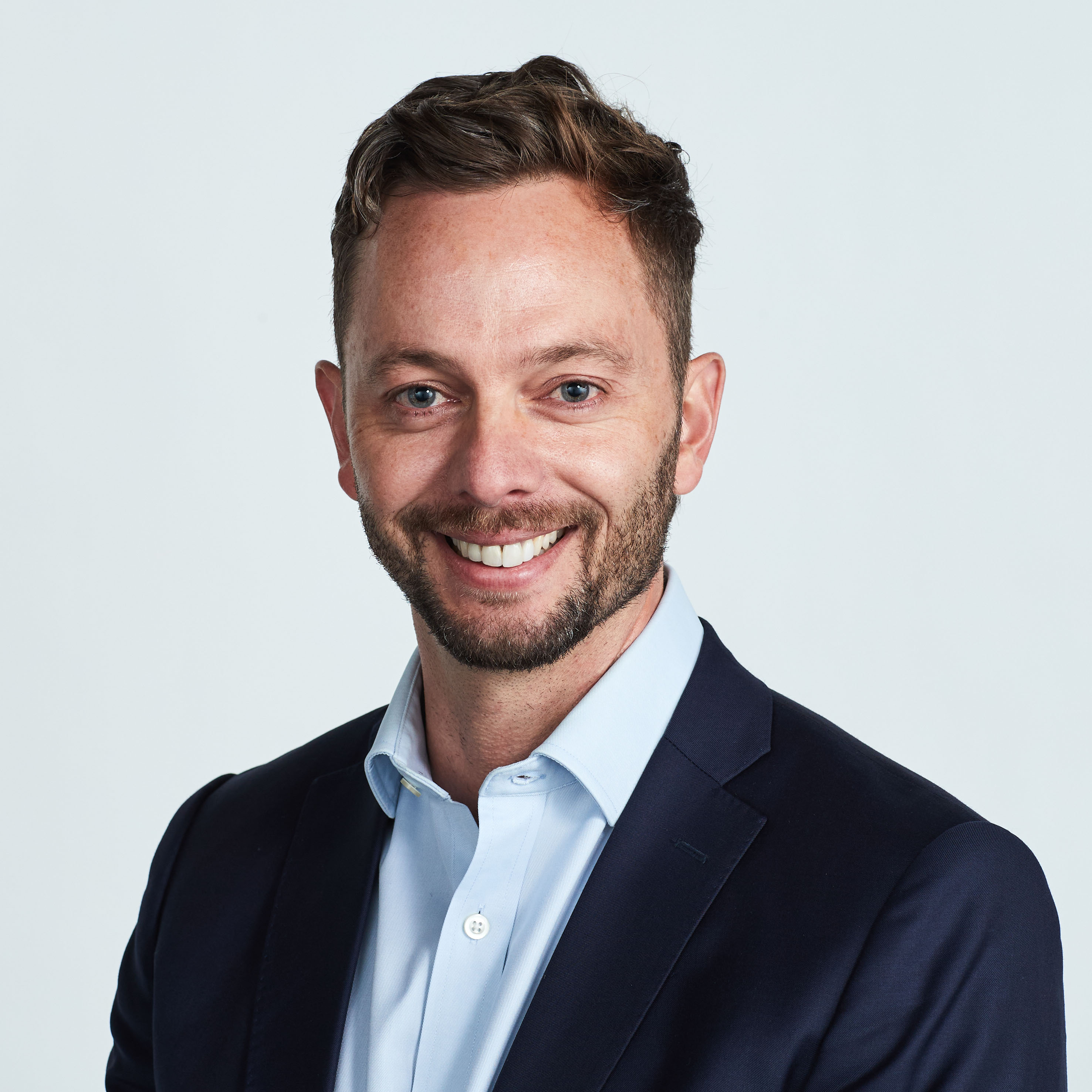
Adam Bayes
Dr Bayes is a clinical academic psychiatrist with a special interest in mood disorders (depressive and bipolar conditions) including their diagnosis, classification and treatment – with the latter focusing on interventional psychiatry (e.g. rapidly acting antidepressants) and novel neurostimulation (transcranial magnetic stimulation; TMS). Adam works at the interface of research and clinical application, and has an interest in developing models of care most recently establishing the BDI Ketamine Treatment Program which arose out of a clinical trial. In addition to spending half of his time managing patients as a psychiatrist, he is actively engaged in teaching and mentoring medical students, psychiatry registrars, higher degree researchers as well as contributing to treatment guidelines and conducting workshops for psychiatrists and GPs. Adam currently works at UNSW Sydney.

